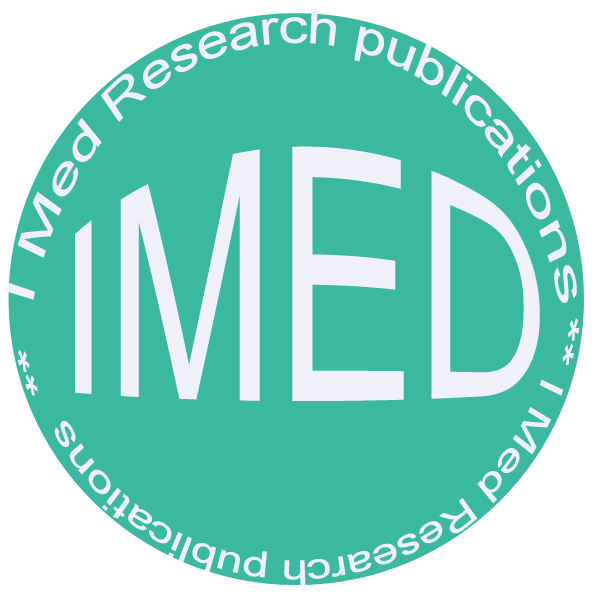Plagiarism policy
Plagiarism is the unethical act of copying someone else's prior ideas, processes, results or words without explicit acknowledgement of the original author and source. Self-plagiarism occurs when an author utilizes a large part of his/her own previously published work without using appropriate references. This can range from getting the same manuscript published in multiple journals to modifying a previously published manuscript with some new data.
Journals managed by IMED Research Publications are a peer-reviewed. The journal is strictly against any unethical act of copying or plagiarism in any form. Plagiarism is said to have occurred when large portions of a manuscript have been copied from existing previously published resources. All manuscripts submitted for publication Journals managed by IMED Research Publications are Cross-checked for Similarity Index using latest plagiarism software in the market. Manuscripts found to be plagiarized during initial stages of review are out-rightly rejected and not considered for publication in the journal. We define plagiarism as a case in which a paper reproduces another work with at least 20 % similarity and without citation.
In case a manuscript is found to be plagiarized after publication, the Editor-in-Chief of the respective journal will conduct a preliminary investigation, maybe with the help of a suitable committee constituted for the purpose. If the manuscript is found to be plagiarized beyond the acceptable limits, the journal will contact the author's Institute / College / University and Funding Agency, if any. A determination of misconduct will lead Journals managed by IMED Research Publications to run a statement bi-directionally linked online to and from the original paper, to note the plagiarism and provide a reference to the plagiarized material. The paper containing the plagiarism will also be marked on each page of the PDF. Upon determination of the extent of plagiarism, the paper may also be formally retracted.
Types of Plagiarism
The following types of plagiarism are considered by Journals managed by IMED Research Publications.
Full Plagiarism: Previously published content without any changes to the text, idea, and grammar is considered as full plagiarism. It involves presenting exact text from a source as one’s own.
Partial Plagiarism: If the content is a mixture of multiple different sources, where the author has extensively rephrased text, then it is known as partial plagiarism.
Self-Plagiarism: When an author reuses complete or portions of their pre-published research, then it is known as self-plagiarism. Complete self-plagiarism is a case when an author republishes their own previously published work in a new journal.
